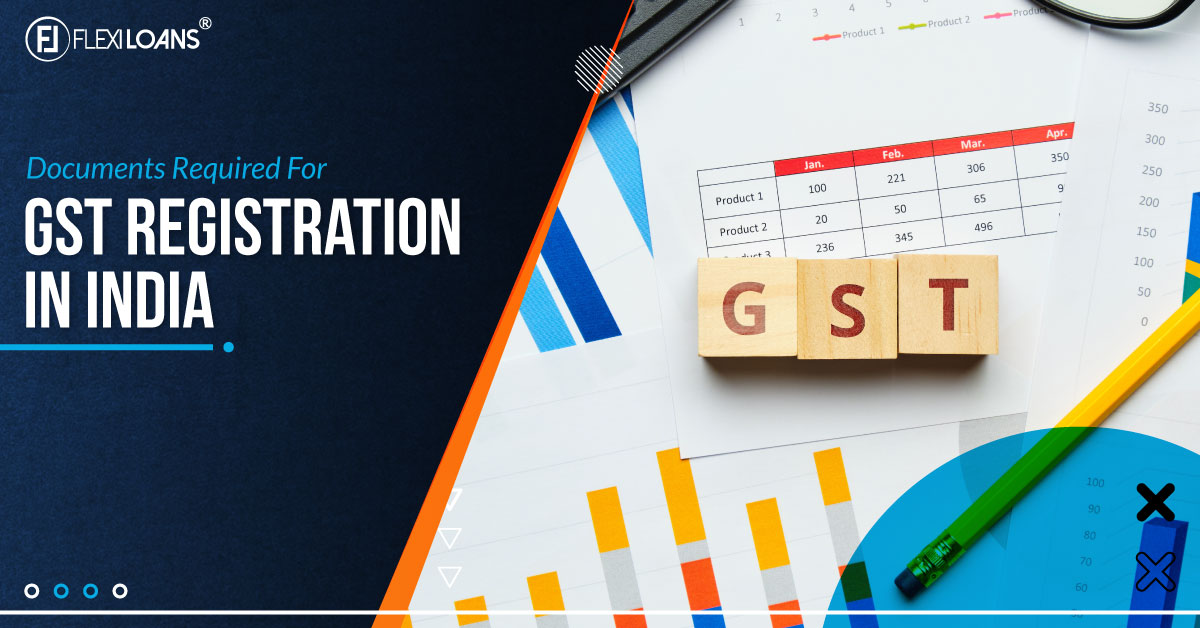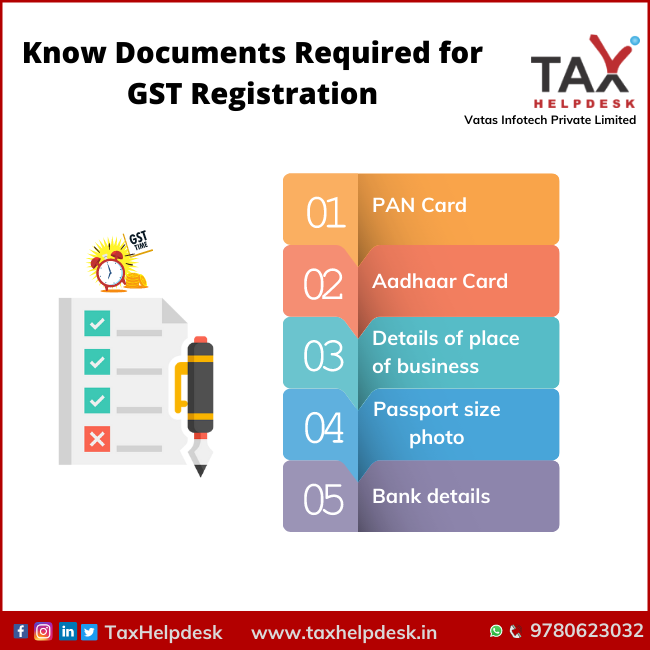How to Find the Best GST Registration Services in Singapore Promptly
How to Find the Best GST Registration Services in Singapore Promptly
Blog Article
From Beginning to Complete: The Ultimate Roadmap to GST Registration for Services Seeking Financial Stability
Browsing the intricacies of Product and Services Tax (GST) enrollment is a critical step for companies striving for economic security. Damaging down the roadmap right into workable steps can simplify the enrollment trip for companies looking to boost their financial standing.
Comprehending GST Basics
Delving into the basic principles of Goods and Provider Tax (GST) is necessary for gaining a thorough understanding of its effects on businesses and the economy. GST is a value-added tax obligation imposed on the majority of goods and services for domestic usage. It has replaced numerous indirect taxes that existed in the pre-GST age, improving the tax obligation structure and improving simplicity of doing organization in India. Under the GST system, both solutions and products are taxed at a details price, which is identified based on their category. Companies are needed to register for GST if their yearly turnover surpasses the threshold limitation set by the government. Input Tax Obligation Credit Report (ITC) is a considerable feature of GST, allowing services to claim credit history for tax obligations paid on inputs, minimizing the general tax problem. Recognizing the basics of GST is essential for companies to comply with tax regulations, handle their funds efficiently, and add to the country's economic growth by participating in a transparent tax obligation system.
Eligibility Requirements for Registration
To sign up for GST, businesses have to satisfy details eligibility criteria established by the federal government. The key qualification requirement is that any kind of business associated with the supply of goods or services with an annual aggregate turn over above the threshold limit established by the authorities should sign up for GST. As of the existing regulations, the threshold restriction for GST registration is a yearly accumulation turnover of 40 lakhs for services operating within a state, with the exception of special classification states where the limit is 20 lakhs. Additionally, certain services are required to sign up for GST regardless of their turnover, such as interstate providers, informal taxable individuals, and organizations reliant pay tax obligation under the reverse cost device. It is critical for businesses to thoroughly analyze their turn over and transaction kinds to determine their GST registration responsibilities accurately. Failure to sign up for GST when eligible can result in charges and legal effects, making it important for companies to stick to the specified eligibility requirements.
Documents Needed for Registration
Having met the qualification criteria for GST registration, businesses have to now ensure they have the requisite papers in location to proceed with the enrollment process successfully. The records needed for GST enrollment typically consist of proof of organization constitution, such as partnership action, enrollment certification, or unification certificate for different types of services. Additionally, businesses require to provide files developing the principal place of business, such as a rental contract or electrical energy bill.
Step-by-Step Enrollment Refine
Starting the GST registration procedure includes a collection of structured actions to make sure a compliant and seamless enrollment for companies. The very first step is to see the GST website and submit the registration form with exact information of business entity. Following this, the candidate read this article obtains a Momentary Reference Number (TRN) which is made use of to return to the application procedure if it's not finished in one go.
Next, all needed documents according to the checklist given by the GST portal need to be uploaded. These documents usually consist of proof of company identity, address and enrollment proofs of marketers, monetary declarations, and service entity's PAN card.

Post-Registration Compliance Guidelines

Verdict
To conclude, businesses looking for financial security needs to understand the fundamentals of GST, satisfy eligibility requirements, collect needed papers, follow the step-by-step registration process, and adhere to post-registration guidelines - Best GST registration services in Singapore. By adhering to these actions, companies can make navigate to these guys certain conformity with tax obligation guidelines and maintain financial stability over time
Furthermore, particular services are called for to register for GST irrespective of their turnover, such as interstate providers, laid-back taxable individuals, and companies responsible to pay tax under the reverse cost device.Having actually met the eligibility requirements for GST enrollment, organizations should currently ensure they have the requisite documents in location to proceed with the registration procedure effectively. The records required for GST registration typically consist of evidence of business constitution, such as collaboration deed, enrollment certificate, or unification certificate for different types of services. Furthermore, services require to offer records establishing the major location of company, such as a rental contract or electrical power bill.Commencing the GST registration procedure includes a series of structured actions to ensure a certified and seamless registration for organizations.
Report this page